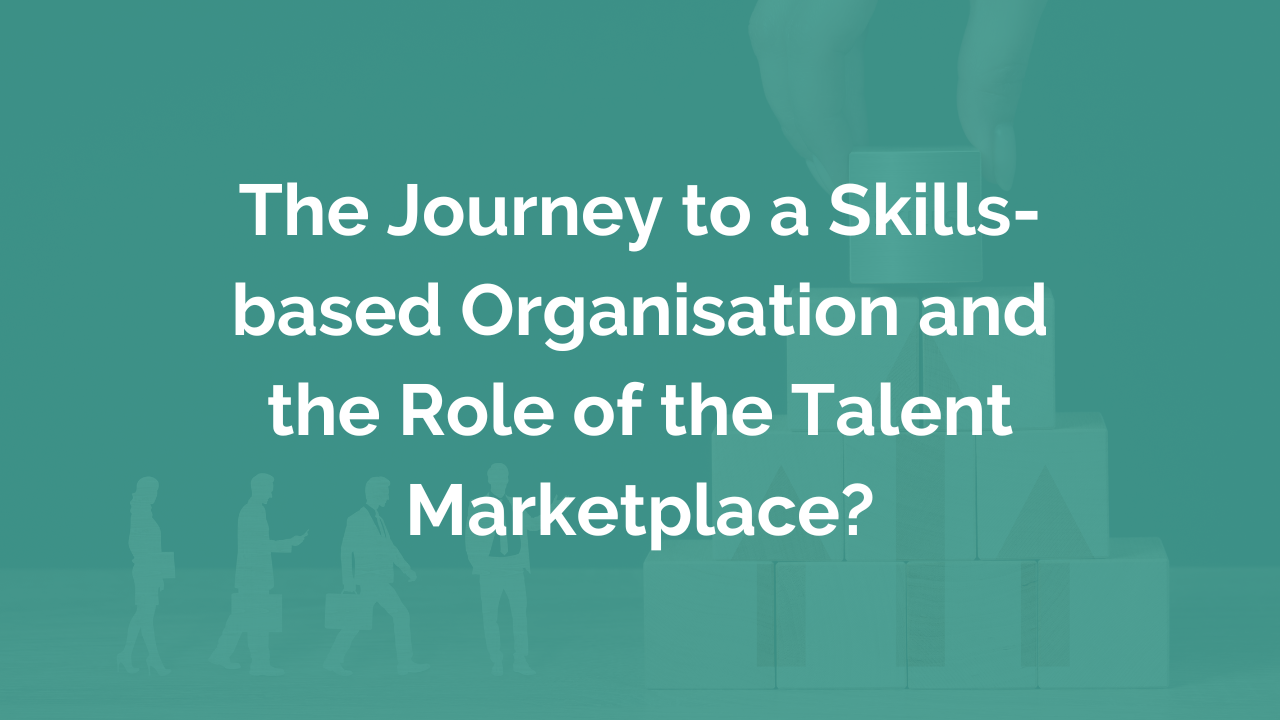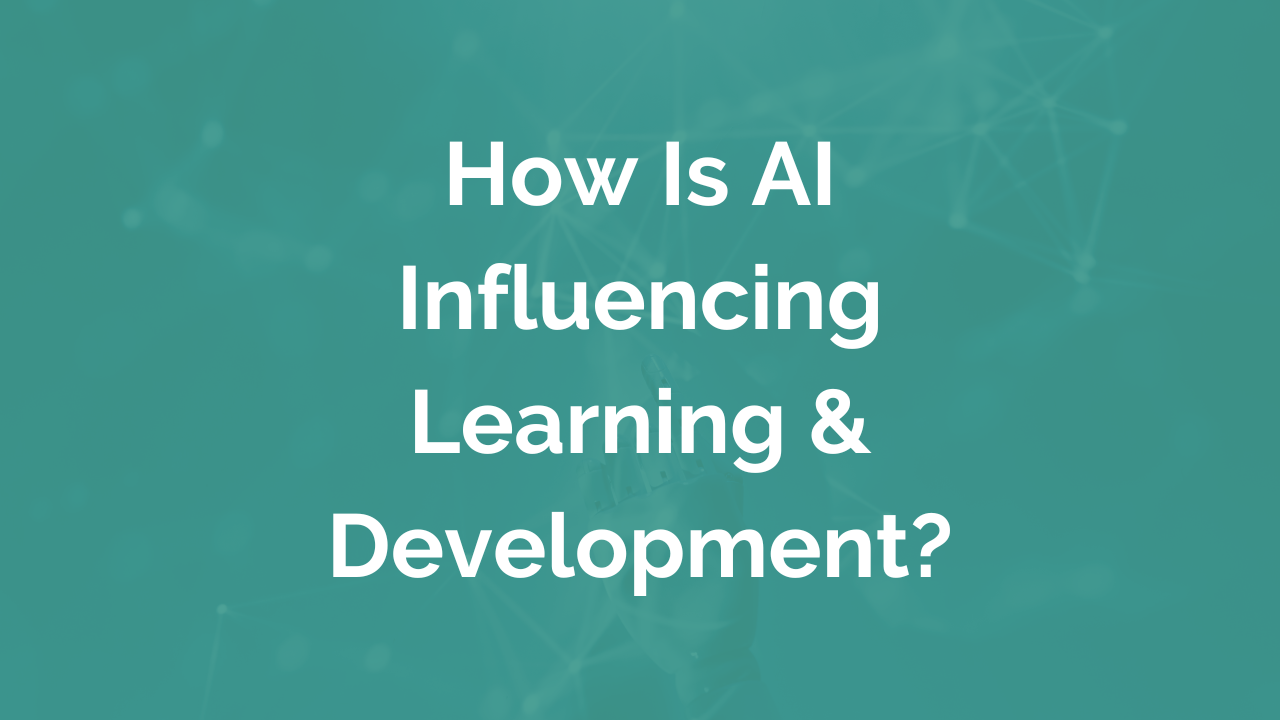Talent intelligence is a relatively new field that has grown in importance over the past few years. What was once a function limited to talent acquisition professionals is now being recognised as an essential tool for organisations looking to gain a competitive edge in the labour market.
Read MoreSince the COVID-19 pandemic disrupted and displaced workers, there has been a steady shift in the priorities of the workforce. People are now seeking employment with companies that care about their staff and invest in their workforce. Because of this, recruitment and talent management are seeing more significant challenges to remain staffed than ever before. To stay on top of these obstacles, leading employers turn to data to make intelligent choices with recruitment and retention strategies within their organisation.
Read MoreMercer’s Global Talent Trends 2022 study articulates the shift towards a skills-based organisation. The report outlines how companies who are successfully doing this are addressing skills shortages through a two-pronged approach. First, they are Bending the Demand Curve through deconstructing jobs into tasks, automating parts of jobs, redesigning jobs and redesigning work models to make it easier to find people to do the tasks needed. This is coupled with Bending the Supply Curve through accessing non-traditional talent pools, reskilling/upskilling and redeploying existing talent, rebalancing the employee value proposition to attract new talent, and considering co-opetition and talent sharing.
Read MoreAI and technology are becoming more and more intertwined with the duties of HR. With the realisation from C-suites and business leaders that HR plays a large part in business success, CHROs, HRBPS and analytic teams have a new responsibility to become more aware of recent advancements. Moreover, understanding how it improves all aspects of people management, including learning and development, is essential.
Read MoreEmployee listening is an area within employee experience and talent management that presents companies with significant opportunities for adding business value. In today's complex labour market, employees are demanding more and initiating listening strategies, and taking action from employee feedback can result in highly positive and impactful results. That's why more leading companies are investing in people analytics and strategies for employee listening.
Read MoreThe phrase, The Great Resignation, cited by the professor of business administration at Texas A&M University, Anthony Klotz, addressed the shift in the workforce when employees began speaking out about what they wanted and needed from their employment following the pandemic. For all the names it has been called, The Great Reset, The Great Realisation, and the Great Resignation, it has undoubtedly changed the workplace. Some requests, such as higher wages and more work/life balance, were no surprise. But other items employees began requesting have the potential to change, even the definitions of employee, roles, and skills.
Read MoreSince the pandemic to our current state of concerns on economic growth, the fires HR are called to put out have become more taxing and intricate. They need everything in their toolbelt to help them be a service to the employees and provide real value to business leaders. Applying data to the many pain points, HR professionals face in today's work environment gives them an edge over their competitors and delivers better results.
Read MoreCompanies face incredible challenges with labour shortages and skills gaps as they struggle to get work done. The traditional ways of filling open positions where HR professionals would post the job description and undergo the lengthy recruitment process to find qualified candidates are no longer effective. So, HR professionals and business leaders focus on a skills-based talent strategy to stay competitive in the tight talent marketplace.
Read MoreEmployees play a significant role in driving businesses forward. And why? Because it is your employees that are delivering customer support, producing products, overseeing operations, and coming up with innovative ways of doing business. So, when considering new means of enhancing trade and employee engagement, looking at employees' skills and talent development makes sense.
Read MoreThe labour market has evolved. In just the last few years, due to the pandemic, social unrest and eruption of remote work, there has become empowerment of the workforce. The way we perform everyday work has changed as well. Employees have an increased desire for flexibility, collaboration, learning opportunities and wellbeing that they are not just asking for but demanding. One direction companies are taking in response to the changes is by re-evaluating what jobs and work mean to all the involved parties and bringing about a new way for work to get done.
Read More









